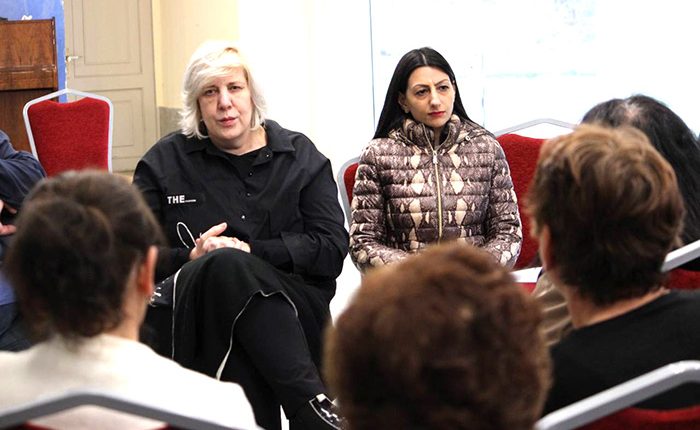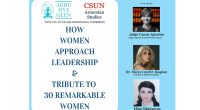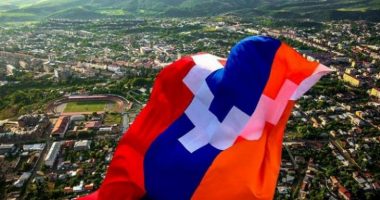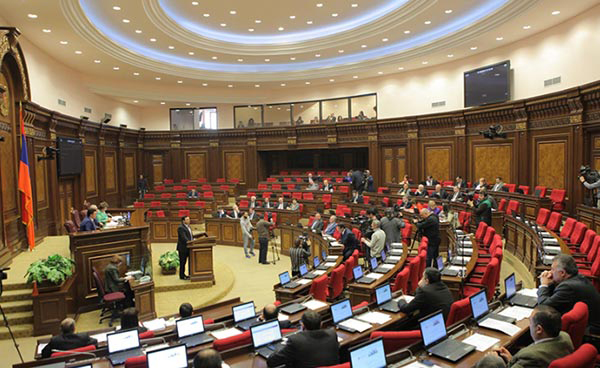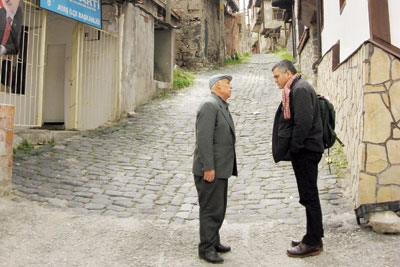YEREVAN — Armenia’s human rights ombudswoman on Thursday accused Azerbaijani troops of committing war crimes during last month’s offensive in Nagorno-Karabakh that led to the mass exodus of its ethnic Armenian population.
“There are many bodies, including of civilians, transported from Nagorno-Karabakh to Armenia that carry signs of torture and/or mutilation,” Anahit Manasyan told reporters. “This shows that those people were subjected to the kind of treatment which was mentioned by me. There were children and women among them.”
Manasyan did not specify the number of the victims of the war crimes, saying that her office is continuing its “fact-finding work” on the September 19-20 assault that enabled Baku to gain full control of Karabakh.
According to Karabakh officials, the Azerbaijani offensive left more than 200 Karabakh soldiers and two dozen local civilians dead. More than 100,000 ethnic Armenians lived there prior to the exodus.
Manasyan said that her preliminary report on the ill-treatment and torture was used in the ICJ by the Armenian government as evidence. The report found torture and mutilations on numerous bodies that were evacuated from NK to Armenia, including bodies of civilians, including women and children.
Speaking about the former NK officials who are now jailed in Azerbaijan, the Ombudsperson said that the rights of the ethnic Armenians of NK are being restricted with explicit violations of international legal standards. “First of all the presumption of innocence of these persons is violated on all levels in Azerbaijan, because they are branded as criminals from the very beginning, both on the state level and by specific individuals,” she said, adding that it is impossible to guarantee due process in Azerbaijan given the state-sanctioned Armenophobia there.
On Wednesday Manasyan and the Human Rights Commissioner of the Council of Europe Dunja Mijatović jointly visited the temporary accommodation in Tsaghkadzor of forcibly displaced persons from Nagorno Karabakh.
Private interviews were held with them. The persons presented the deprivations they suffered and the issues caused by the forced displacement to the Defender and the Human Rights Commissioner of the Council of Europe. Matters related to the payment of pensions and state benefits were addressed.
Special attention was paid to the issues related to ensuring the rights of children and persons with disabilities.
As a result of the visit, the issues recorded by the Defender will be summarized and the proposals aimed at solving them will be presented to the competent authorities together with the appropriate analysis.

